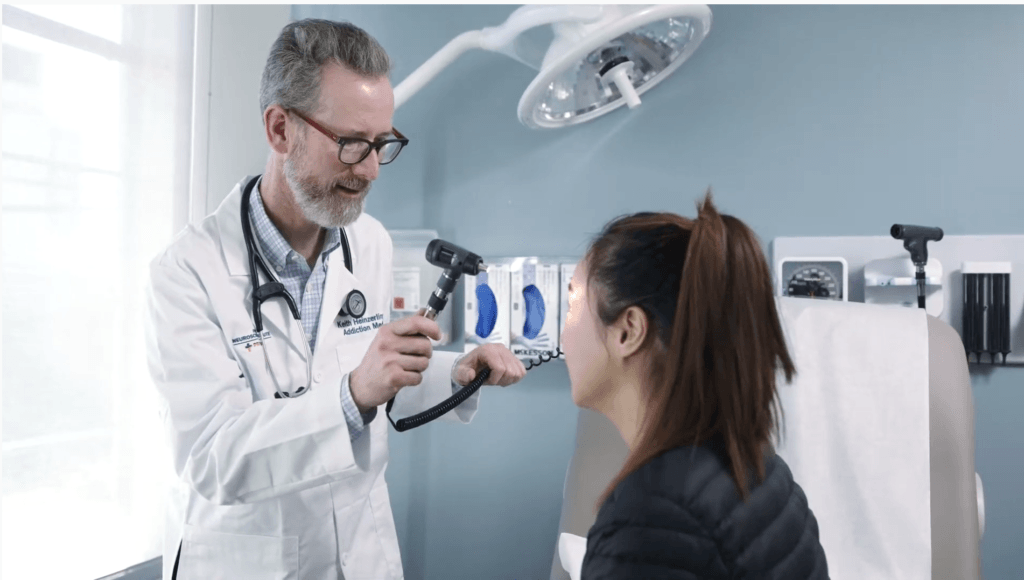DISCLAIMER
For Mental Health and Addiction Disorders
PLEASE READ THIS CAREFULLY BEFORE ACCESSING OR USING pacificbrainhealth.org
NOTE: pacificbrainhealth.org is not a crisis resource.
If you are feeling suicidal, thinking about hurting yourself, or are concerned that someone you know may be in danger of hurting himself or herself, call the National Suicide Prevention Lifeline at 1-800-273-TALK (1-800-273-8255), or text the Crisis Text Line (text HELLO to 741741).
Both services are free and available 24 hours a day, seven days a week. The deaf and hard of hearing can contact the Lifeline via TTY at 1-800-799-4889. All calls are confidential and is staffed by certified crisis response professionals.
Contact social media outlets directly if you are concerned about a friend’s social media updates or dial 911 in an emergency. Learn more on the Lifeline’s website or the Crisis Text Line’s website.
You can find help in locating a mental health professional by consulting with your health care provider, Employee Assistance Program, the National Suicide Prevention Lifeline (1-800-273-TALK), or the National Mental Health Information Center (https://www.mentalhealth.samhsa.gov/databases/).
The pacificbrainhealth.org website includes information for individuals who struggle with mental health issues, their families, co-workers, friends, clergy, and teachers and gives community members a place to turn to for current information, and does not provide any medical, psychological, diagnostic or treatment services.
For accurate diagnosis of suicidality, depression and alcohol problems or other mental illnesses, participants need to call and/or be seen by qualified healthcare professionals.
We do not assume any legal obligation to follow up with individual users.
pacificbrainhealth.org, its staff and agents, shall not be liable for claims or damages and expressly disclaims any and all liability of any nature for any action, or non-action, taken as a result of the information generated by this website or any of the programs of pacificbrainhealth.org used by the customers, callers, clients or online users.
Results from the any of the tools provided are not diagnostic, but merely indicate the presence, or lack thereof, of symptoms that are consistent, or inconsistent with depression and/or suicidality. Negative responses to the questionnaires do not rule out suicidality and/or depression, and positive responses do not conclusively establish suicidality and/or depression.
A diagnostic evaluation by a healthcare professional is always necessary to determine whether or not there is the presence/absence of depression/suicidality.
Should a user of pacificbrainhealth.org receive information that in any way might indicate a serious or potentially life-threatening problem for themselves or someone else, we urge the individual to call 1-800-273-TALK, contact a mental health services professional, and visit the nearest emergency room or call 911.
Please note that in some cases the pacificbrainhealth.org webpage may not be displayed on your computer for technical reasons, and pacificbrainhealth.org and its developers do not assume any legal obligation to ensure that the webpage is displayed. Even if the webpage is not displayed, any online user who believes that he or someone else may have a serious or potentially life-threatening problem is encouraged to visit the nearest emergency room or call 911.
Note:The pictures included on this website are of models and are for illustrative purposes only.
The information on this site is intended to help users learn about behavioral health and suicide prevention. It is provided for informational and referral purposes only. The web site should NOT be used as a substitute for medical advice, counseling, or other health-related services or as a replacement for the services of a trained medical or mental health professional. For medical or mental health advice, services, and treatment, consult your primary care physician or a qualified mental health care professional. pacificbrainhealth.org do not make any warranty that information contained on this website, or on any site linked to this website, is complete, accurate or up-to-date; and pacificbrainhealth.org is not responsible for the results of reliance on any such information.
IF YOU OR SOMEONE YOU KNOW HAS THOUGHTS ABOUT SUICIDE
Call 1-800-273-TALK
or visit your local emergency room
Links to Other Sites
The pacificbrainhealth.org website contains links to other sites. If you choose to visit other sites, pacificbrainhealth.org is not responsible for another site’s privacy practices or content. Links to other organizations’ web sites or pages do not necessarily imply approval or endorsement of these organizations, their purpose, their programs, or the accuracy of their materials. In addition, PacificBrainHealth.org does not assume responsibility for the content of other web sites or pages.












